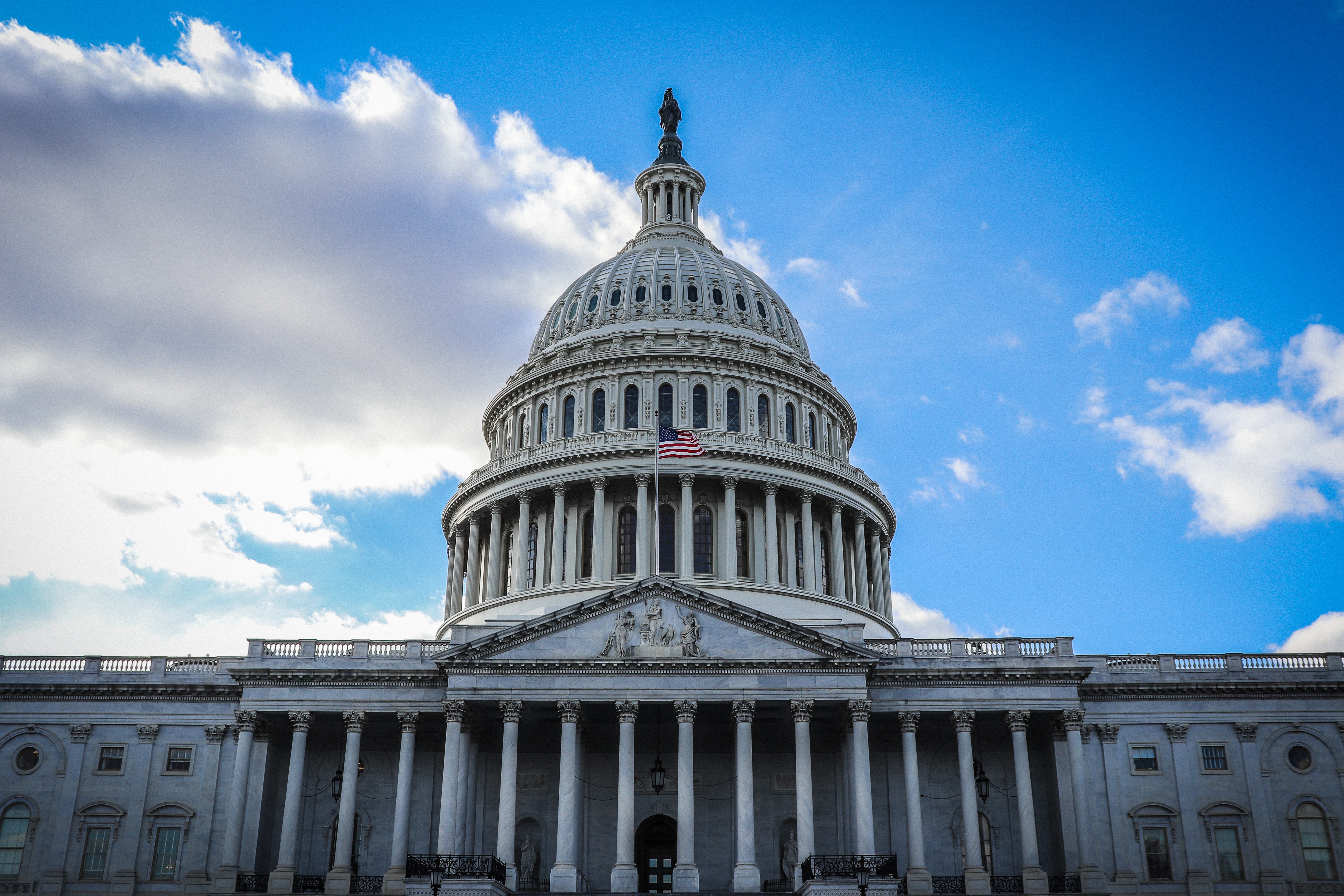First Amendment Fight Matters for Journalists and for Those We Serve
I’ve been struck by a rock while covering a particularly gnarly strike at a steel plant.
I’ve known what it’s like to feel fight-or-flight adrenaline coursing through my veins while cornered as I was covering a KKK rally.
I’ve defended myself from the bared teeth of an angry police dog while covering the manhunt for a neo-Nazi who’d murdered a state trooper.
I’ve felt the unease – even slight sense of dread – as I interviewed the leader of a survivalist compound that was the subject of the first-ever federal law enforcement siege on its own citizens, before Ruby Ridge or Waco.
I’ve seen close up what happens to a human head when a .357 Magnum hollow-point bullet is fired at point blank range.
I’ve looked into the eyes of men, women and children – crime, fire and accident victims – as they’ve taken their final breaths, having to live with the fact that I was the last thing they ever saw as they “shuffled off this mortal coil.”
I was not a soldier, sailor, airman or Marine. I was not a police officer, or firefighter or paramedic.
I was a journalist. I still consider myself to be.
What I have experienced in my career doesn’t make me special. It doesn’t make me different from thousands of other journalists who have written the first rough draft of history.
During these past few years, I have found myself once again reliving my experiences, as I’ve seen other journalists across this country harassed and even attacked violently by police, protestors or people who’ve come to believe we are somehow the enemy of the American people.
That’s a main reason I, and all of us at RTDNA, have been fighting so hard to help journalists stay safe. To provide security and mental health training. To battle in the courts, state legislatures and in communities across the country to protect our First Amendment-codified obligation to serve our communities.
To work hard on Capitol Hill. I’ve been collaborating for months with key congressional aides to advocate for the reintroduction of the Journalist Protection Act and to help craft the Right to Record Police Act.
The Journalist Protection Act would make it a federal crime intentionally to intimidate or cause bodily harm to a journalist during the course of newsgathering or reporting. The legislation would allow the Justice Department to prosecute those who intimidate or assault journalists when local prosecutors decline to do so.
In recent public protests, journalists have been arrested and assaulted for recording police in public spaces. Some, but not all, federal appeals courts have upheld the right to record police. The Right to Record Police Act would make it a federal right to record law enforcement, under which one could sue for damages if it is violated. It also would create an incentive for states to adopt similar regulations.
Both bills are expected to be formally introduced in the House and Senate sometime this month. But harbor no illusions to the contrary: In this time of persistent political and ideological polarization, getting them introduced will be just the first part of what will have to be a massive effort to get them enacted into law.
We need your help. I know this is a tough ask for many journalists, but please let your Congressional Representatives and Senators know about these bills and explain how the legislation would help their constituents by protecting your ability to seek and report the truth.
Sign our petition expressing support.
More important – never forget the journalists for whom these protections might have offered help.
The photojournalist in Minneapolis who lost an eye when an officer shot her in the face with a pepper round.
The local TV crew in Nashville that was accosted by a violent man who was angry just because they were doing a stand-up in his neighborhood.
The photographer in New York and radio reporter in Los Angeles who were thrown to the ground and handcuffed while complying with police orders to move.
The reporters and photojournalists across the country who had to nurse nasty bruises after being hit by rubber bullets and other crowd control projectiles.
Your colleagues who’ve been arrested – and, in a few cases, prosecuted – merely for committing the crime of documenting racial reawakening protests and demonstrations across the land.
One constant of journalism is that no two days – or two stories – are ever exactly alike. You never really know when you’ll be reporting on a situation that may put you in harm’s way.
Or that may find you cornered by an angry crowd.
Or that may find you defending yourself from the bared teeth of a police dog, or the white-hot round of a CS gas cannister.
Join our effort not just for yourself, but for the people whose eyes you look into as you endeavor to discover the truth.

